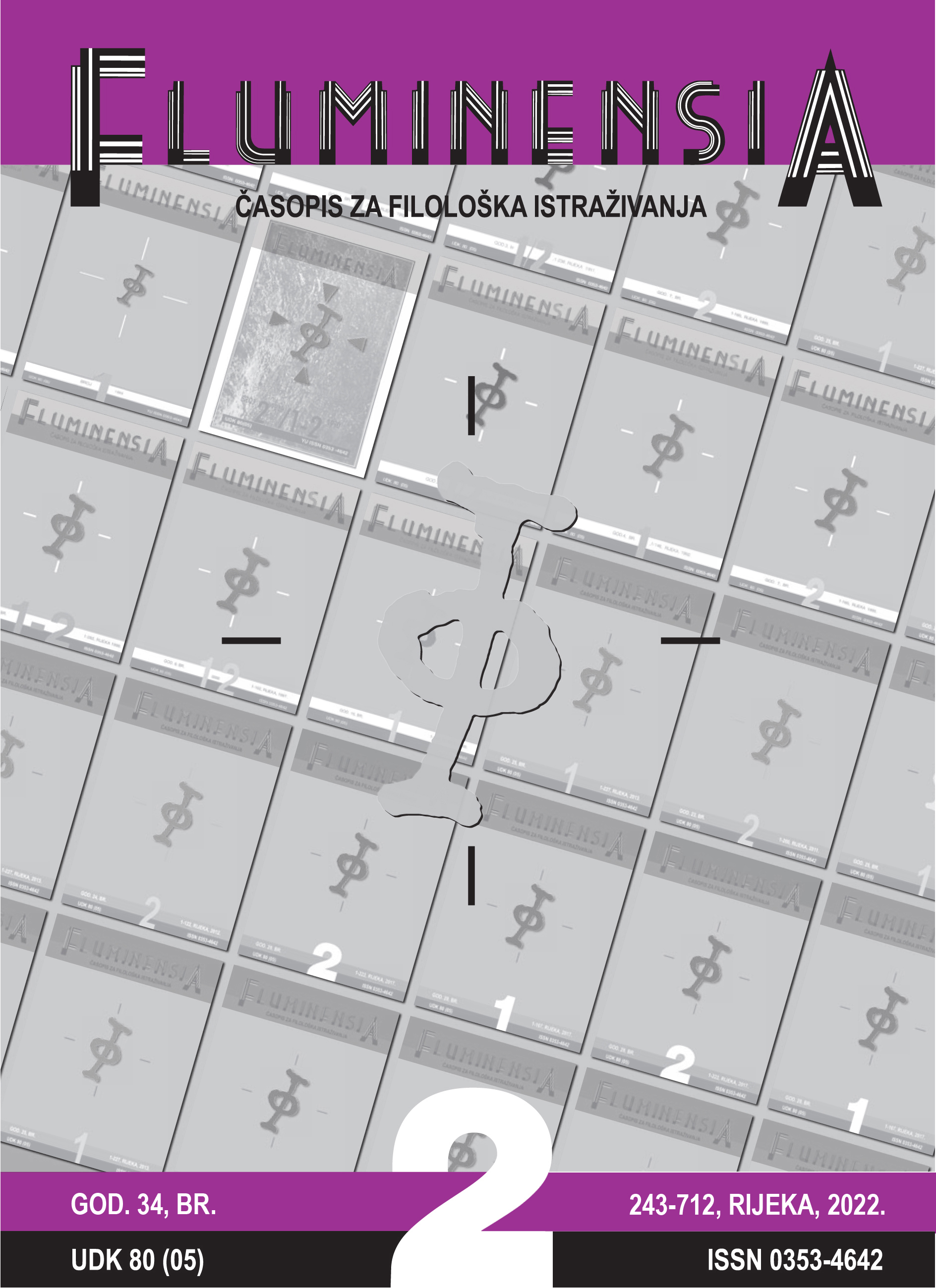ON THE LANGUAGE OF EARLY MODERN CROATIAN GLAGOLITIC NON-LITURGICAL MISCELLANIES ON THE EXAMPLE OF THE FATEVIĆ MISCELLANY OF SPIRITUAL TEXTS
Keywords:
Croatian Glagolitic non-liturgical miscellanies, Fatević Miscellany of Spiritual Texts, Čakavian-Church-Slavonic amalgam, Croatian Church Slavonic languageAbstract
It is well known that Croatian Glagolitic non-liturgical miscellanies written in the period between the last quarter of the 14th century and the beginning of the second half of the 16th century are characterized by a mixture of Čakavian and Church Slavonic elements. There is much less information about the language of Croatian Glagolitic non-liturgical miscellanies written after the middle of the 16th century, i.e., after 1561, which is traditionally considered as the symbolic end of the Church Slavonic period in Croatia. This paper tries to shed light on the language of this group of non-liturgical miscellanies by analysing the texts of the Fatević Miscellany of Spiritual Texts from 1617, which, given the genre diversity of the preserved texts and their diverse origins, is taken to be a good representative of non-liturgical codices written in the first decades after the end of the Croatian Church Slavonic period. The main goal is to determine the position and genesis of Church Slavonic elements in the codex, i.e., the differences that exist in this regard in relation to the situation in (late) medieval miscellanies. In order to achieve this, the language of the corresponding texts in the Fatević Miscellany and in older non-liturgical miscellanies is compared, as well as the language of newly translated texts and texts transcribed from older exemplars within the Fatević Miscellany. The analysis shows that the Church Slavonic elements in the Fatević Miscellany are limited mainly to texts whose versions are known from older (late) medieval non-liturgical miscellanies (although they are in obvious withdrawal at all language levels), while in new translations the Church Slavonic features are almost completely absent.

